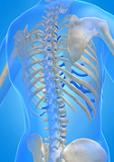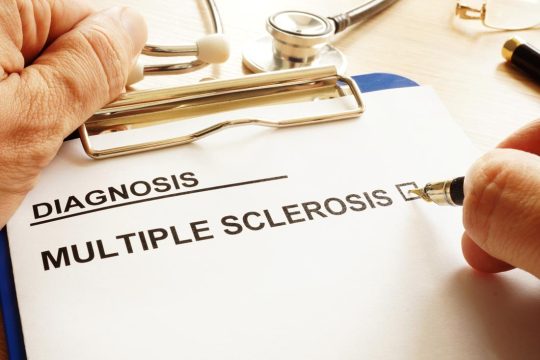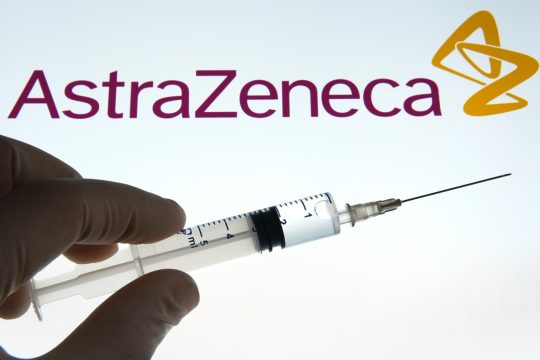Advertisment
EULAR 2013 Report – 4 New markers in RA

Four new biomarkers have been identified that can help in the early diagnosis of rheumatoid arthritis (RA), particularly among the one-third of patients who test negative for currently recognized auto antibodies, a researcher reported.
In a cohort of 292 patients, the diagnosis of RA couldn’t be confirmed in 34% because tests for rheumatoid factor (RF) and anti-cyclic citrullinated peptides (CCP) were negative, said Liesbeth M. De Winter, who is a PhD student at Hasselt University in Diepenbeek, Belgium.
But that number fell to 24% using a test panel that included the biomarkers UH-RA1, UH-RA9, UH-RA14, and UH-RA21, De Winter explained at the annual meeting of the European League Against Rheumatism (EULAR).
The diagnosis of RA today is based on a scoring system for affected joints, duration of symptoms, general markers of inflammation, and the two specific markers RF and anti-CCP, she said.
“However, early diagnosis is still difficult, because one-third of patients are seronegative and titers of diagnostic markers tend to be lower in early disease,” she said during a EULAR press conference.
But there’s a window of opportunity in the first year of disease when patients are more likely to go into remission and have better long-term outcomes, so improving early diagnosis remains crucial, she said.
In previous work, her group identified 14 novel autoantibodies through screening of synovial DNA from patients and controls, and then chose the four most promising for further study.
The sensitivities for UH-RA1, 9, 14, and 21 were 8.7%, 1.6%, 4.7%, and 18.1%, respectively, while specificities were 95%, 98%, 100%, and 89%.
In combination, the sensitivity was 30% and specificity was 83%, De Winter reported.
“Importantly, the panel identified 26% of patients with disease duration of less than 1 year, confirming that these biomarkers are present early in the course of disease,” she said.
Adding these four biomarkers to RF and anti-CCP reduced the diagnostic gap by 8.4%, she noted.
“The group of patients who are seronegative for rheumatoid factor and anti-CCP has been neglected in the current diagnostic criteria, which are very much weighted to seropositive disease,” commented press conference moderator Maya Buch, MD, of the University of Leeds in England.
“This work could help fill the unmet need of patients we aren’t yet able to diagnose early,” Buch said.
De Winter’s group plans to further investigate these biomarkers, to see if they can help predict the disease course and response to treatment.
“We know that patients who are anti-CCP positive respond differently to treatment than do those who are negative, so maybe these new biomarkers also will help identify therapeutic subsets of patients,” De Winter said.
Disclosure:
The authors reported no financial conflicts.
Reference:
De Winter L, et al “New autoantibodies as biomarkers for early and seronegative rheumatoid arthritis” EULAR 2013; Abstract OP181.





